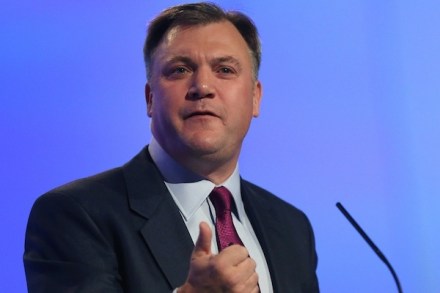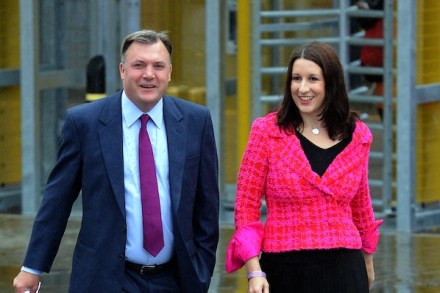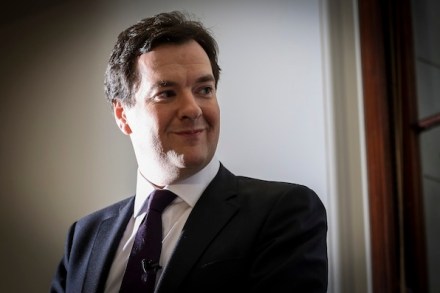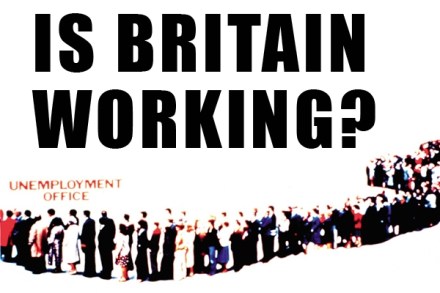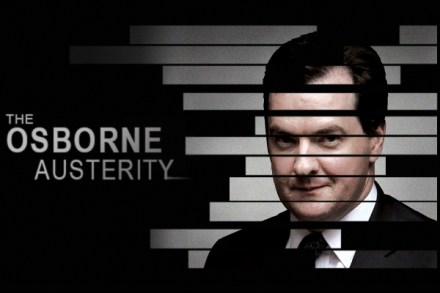Spending Review: Has George Osborne’s caution condemned Britain to a lost decade?
The Labour party used to joke that the Tories would act as their cleaners: win, take the political pain, abolish the deficit by 2015 and then hand over a balanced budget when they lost the election. George Osborne has, at the very least, put paid to that. His Spending Review this week made it clear how painfully little progress is being made. Whoever wins the next election could close every school, open every prison, cede Northern Ireland, close every embassy and sack every soldier, sailor and airman — and it would still not be enough to put the government back in the black. Britain is a terrifyingly long way from fiscal sanity.








